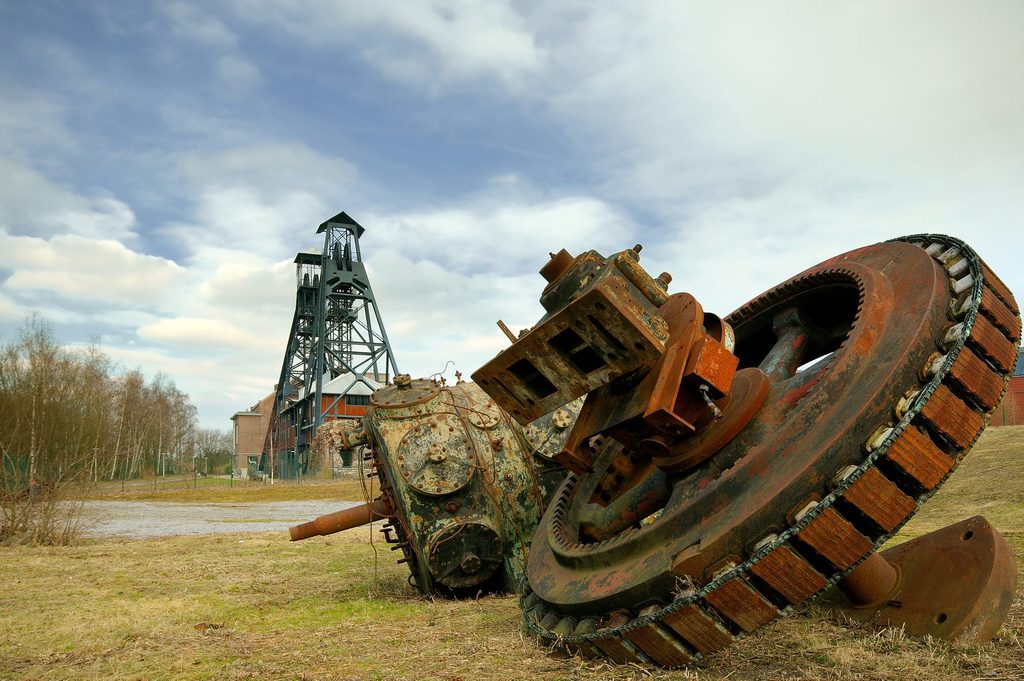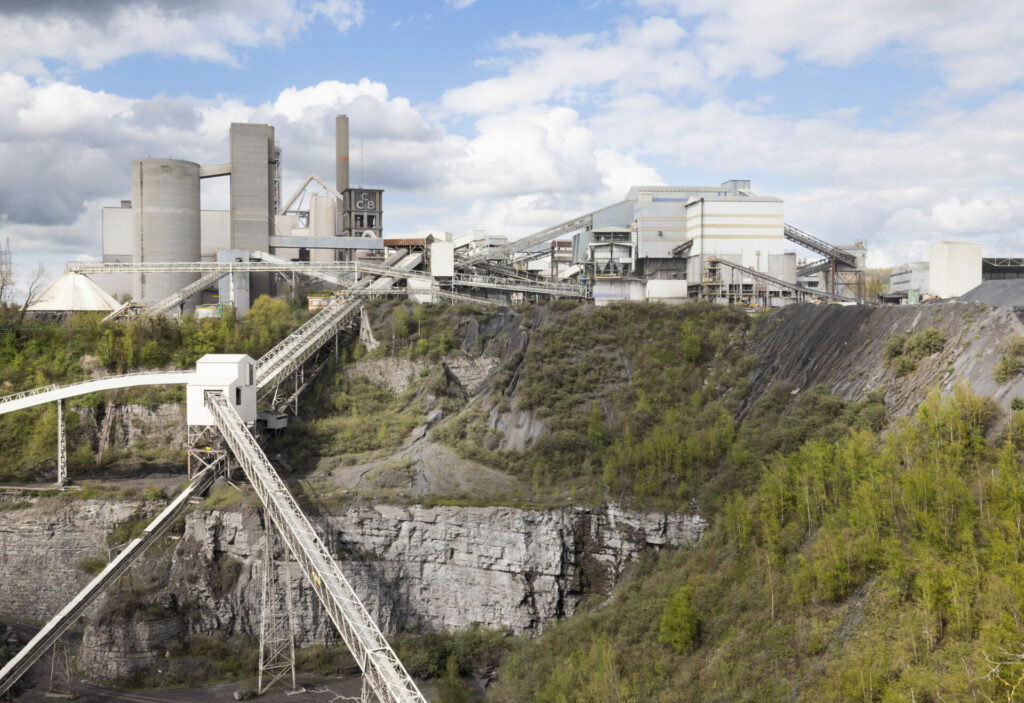Energy prices in Europe are projected to be at least 50% higher than in the US, China, and India by 2050, according to a study published last week by BusinessEurope – Europe’s principal trade federation.
In response to the publication, the Belgian Federation of Businesses (FEB) highlighted the existential challenges that such price differences pose as European and Belgian industries risk being undercut by foreign competitors who have lower production costs. Already major EU economies are struggling with structurally higher energy costs – a problem that was exacerbated during the recent energy crisis.
The study considers two scenarios: a managed transition with beneficial European policy and a "frustrated" transition featuring, in which policy is fails to encourage the necessary investments. However in both scenarios – even with supportive European policies – Europe’s energy prices will be markedly higher.
“The ramifications directly impact European businesses’ competitiveness,” the FEB warned, underlining the need for well-defined, robust industrial policy at European and Belgian levels to enable the energy transition. Experts in the sector have long stressed the economic danger of industrial collapse.
Related News
- Harnessing the winds of change: The battle for Belgium's green energy shift
- Europe's green future depends on saving the energy debate from a 'dogmatic sect'
- Belgium's green energy ambitions: Could we really go without fossil fuels?
Among the actions the EU and Member States must take to protect its industries and economy are: hugely stepping up the roll-out of renewables; closing the investment gap; and ensuring that the EU's Emissions Trading System (ETS) is correctly applied.
Whilst it is likely that trade competitors in North America and Asia will enjoy considerably cheaper energy than in Europe, the study highlights the difference that EU policy can make. The managed transition would make energy prices an estimated 30% cheaper than the "frustrated" scenario.
Trade associations ardently advocate for pertinent political decisions to tackle the carbon cost differential and energy competitiveness gap decisively.
They also call for large-scale deployment of all necessary energy sources and infrastructures, to enhance European energy systems’ security and diminish the overall cost of transition.

Belgium was forced to wind down coal operations when it could no longer compete with cheaper imports. Could the same be true of other industries? Bois du Cazier former coal mine, Charleroi. Credit: Wikimedia Commons

